

 Tuesday, December 17, 2013
Tuesday, December 17, 2013
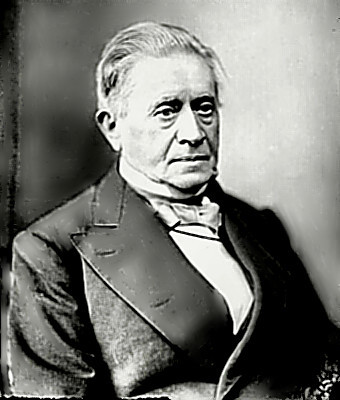
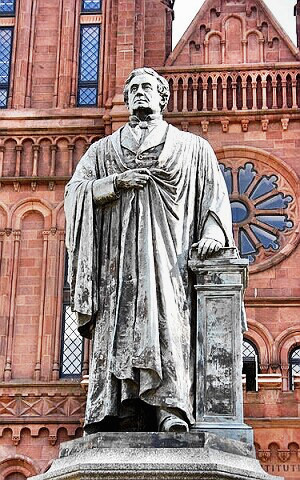
[1797 - Joseph Henry, educator, scientist, born in Albany, New York]
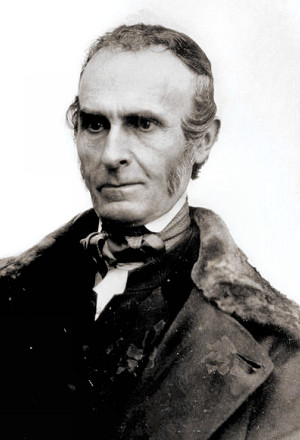
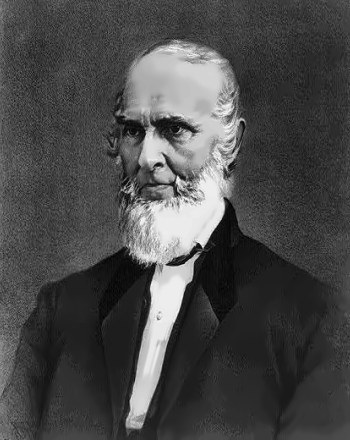
[1807 - John Greenleaf Whittier, poet, abolitionist, born in Haverhill, Massachusetts]
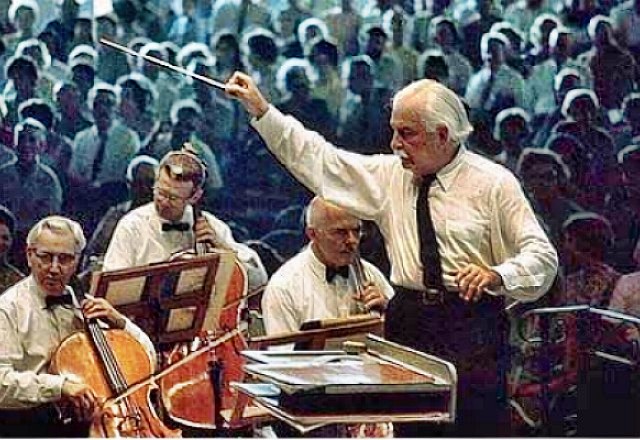
[1894 - Arthur Fiedler, orchestra conductor, born in Boston]
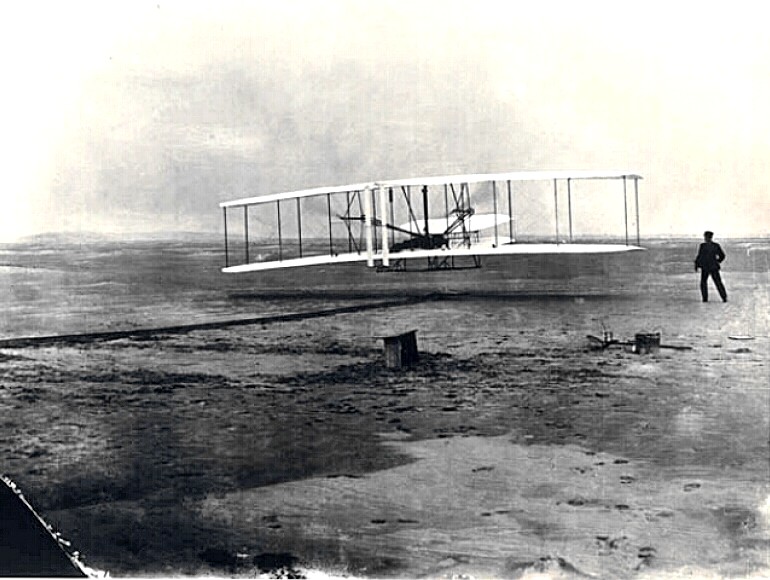
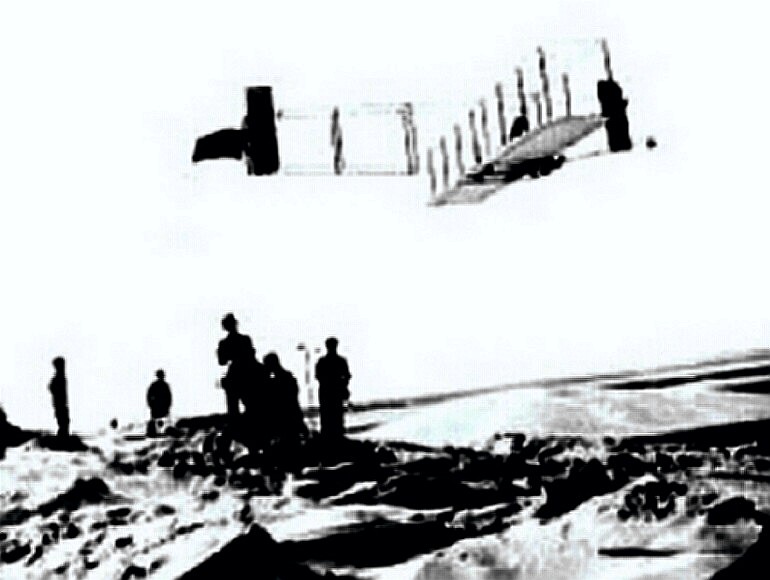
[1903 - The first successful powered airplane flight is made near Kitty Hawk, North Carolina by Orville & Wilbur Wright]
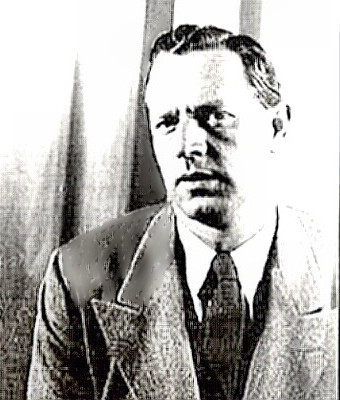
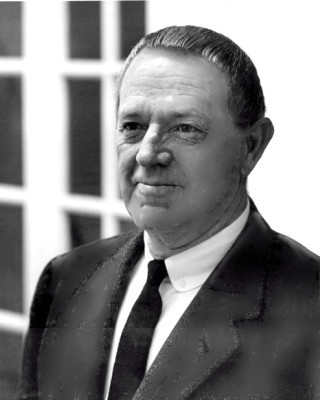
[1903 - Erskine Preston Caldwell, novelist, writer, born in Moreland, Georgia]
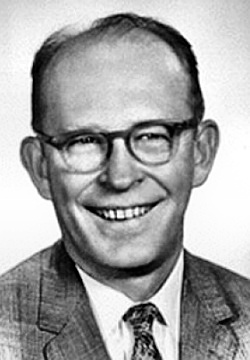
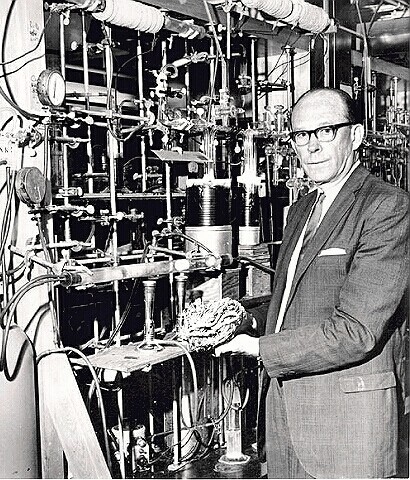
[1908 - Willard Frank Libby, Nobel prize-winning scientist, born in Grand Valley, Colorado]
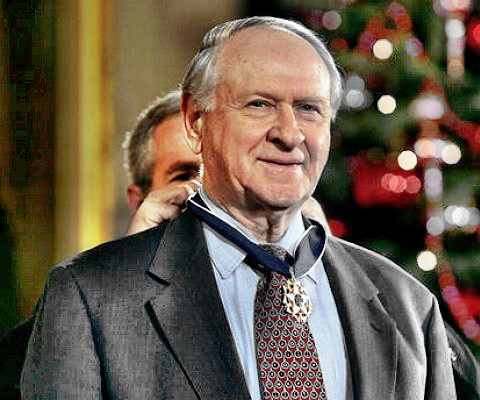
[1929 - William Safire, journalist, author, born in New York City]
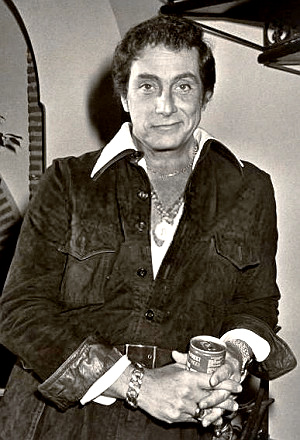
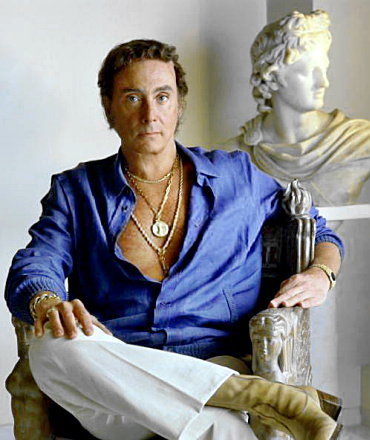
[1930 - Robert 'Bob' Guccione, photographer, publisher, born in Brooklyn]
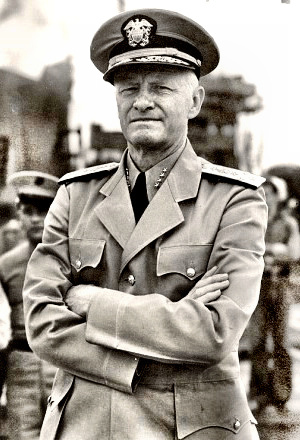
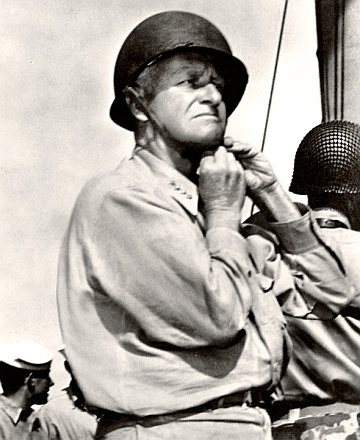
[1941 - Admiral Chester W. Nimitz is named Commander in Chief, US Pacific Fleet,
to relieve Admiral Husband Kimmel]
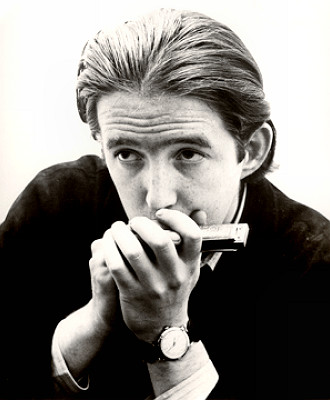
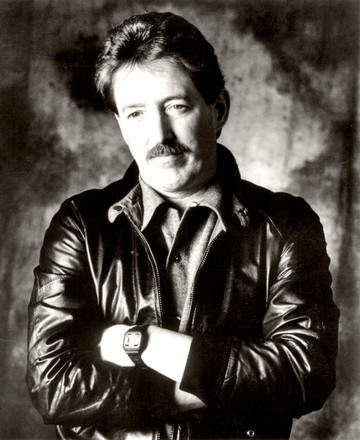
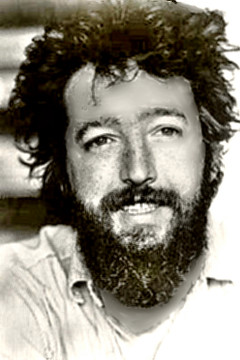
[1942 - Paul Butterfield, blues musician, band leader, born in Hyde Park, Chicago]
[1991 - Russian President Boris Yeltsin and Soviet President Mikhail Gorbachev agree to dissolve the Soviet Union by the new year]
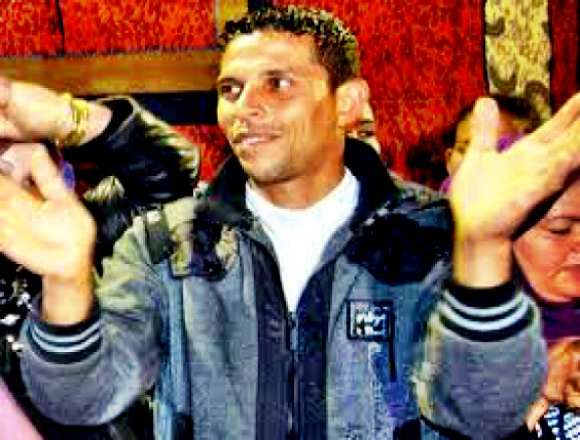
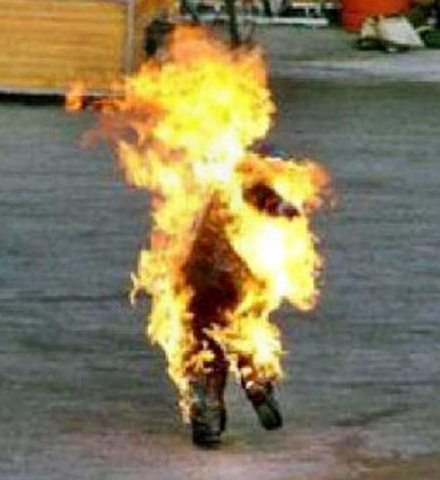
[2010 - Mohamed Bouazizi, Tunisian fruit peddler, launches Arab Spring with his self-immolation in Sidi Bouzid]
In 2004, a failed national leader who permitted September 11, 2001, to live in infamy was rewarded with an additional four years in office so that he could pin medals on his pals. President Bush in his second term in office thus awarded the Medal of Freedom (the highest civilian honor this nation can bestow) to three individuals responsible for the Iraq War. In one ceremony he made heroes of George Tenent, the former CIA intelligence chief who failed to warn of 9-11 and whose junk information about WMD led to the disastrous war in Iraq, Tommy Franks, the former general who was rolled by the pentagon into accepting an inadequate force to secure that country after it was captured, and Paul Bremer, the US ambassador who bungled the occupation and allowed it to degenerate into chaos and insurgency. In the Bush-Cheney administration no good deed was unpunished, and no failure went unrewarded.
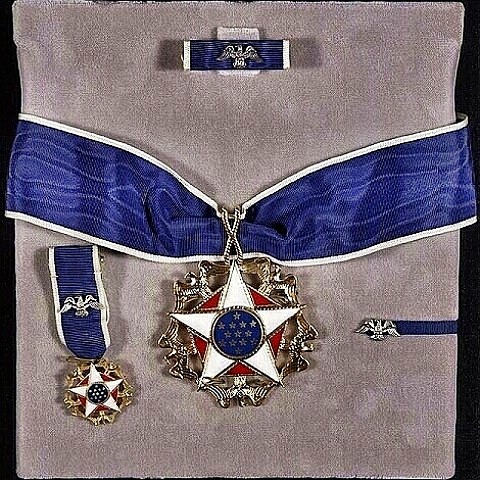
In 2010, a poor Tunisian fruit peddler named Mohamed Bouazizi, from Sidi Bouzid, was hustled and slapped by a municipal official while trying to sell his wares. He ran screaming to a government office but they wouldn't let him in, so he went to a gas station, filled up a canister, and then came back. In the middle of traffic he poured the gasoline over himself and lit a match. His desperate act of protest became a symbol to the local populace, then to the whole Middle East, and finally to the World, that human dignity cannot be ignored. Indeed this simple young man lit a fire (and fed it with his own flesh) that ultimately illuminated once again the absurdity of a world in which a fortunate few live like potentates at the expense of billions who toil in the midst of poverty, hunger, and disease. In our own country, the symbolic act of Mohamed Bouazizi gave rise to the occupy movement that may yet result in meaningful change to a 21st Century paradigm, away from a society that runs on consumerism and is ruled by a one percent power elite.
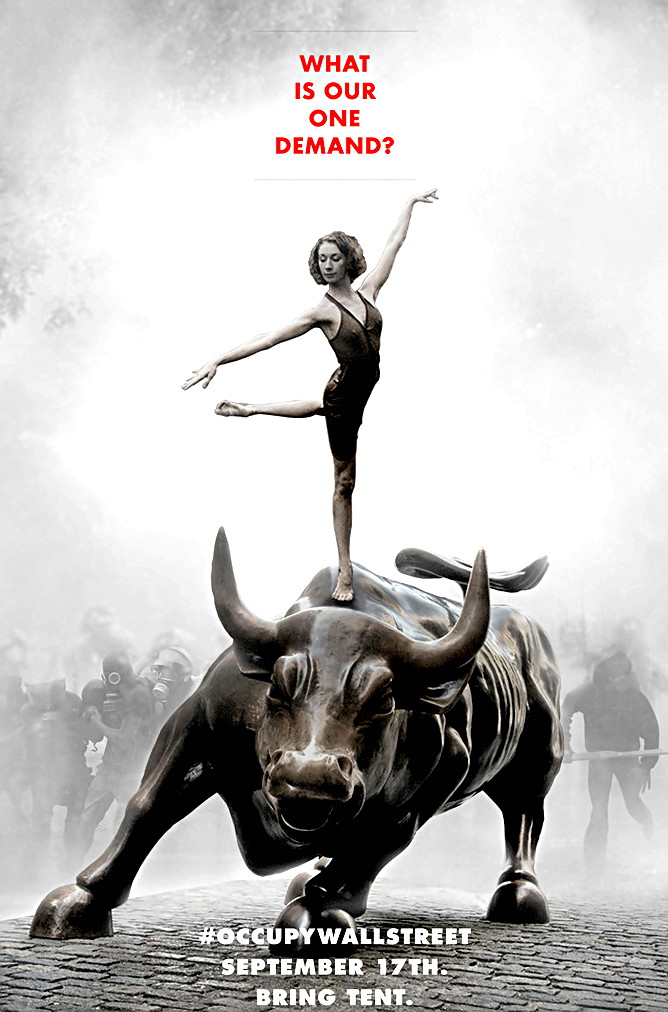
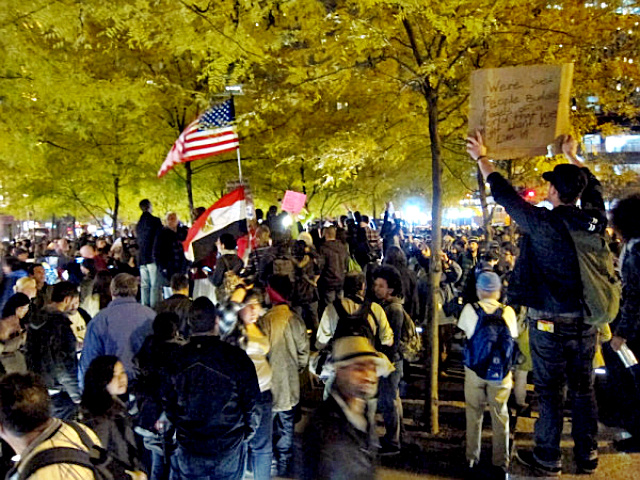
William's Whimsical Words:
Society frequently gets it wrong by awarding honors to total screw-ups while failing to recognize real acts of courage.
 to Almanack Main Page
to Almanack Main Page
